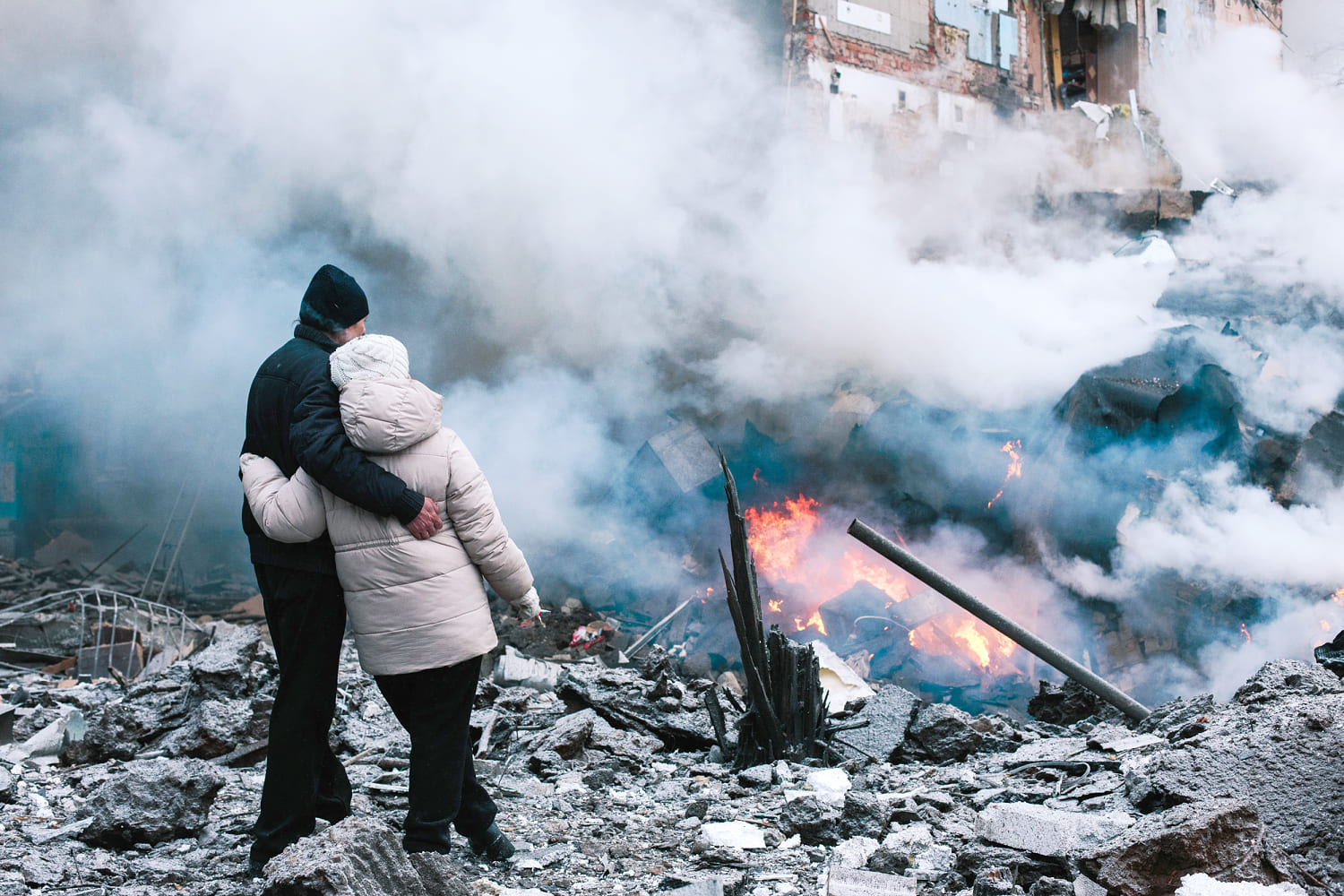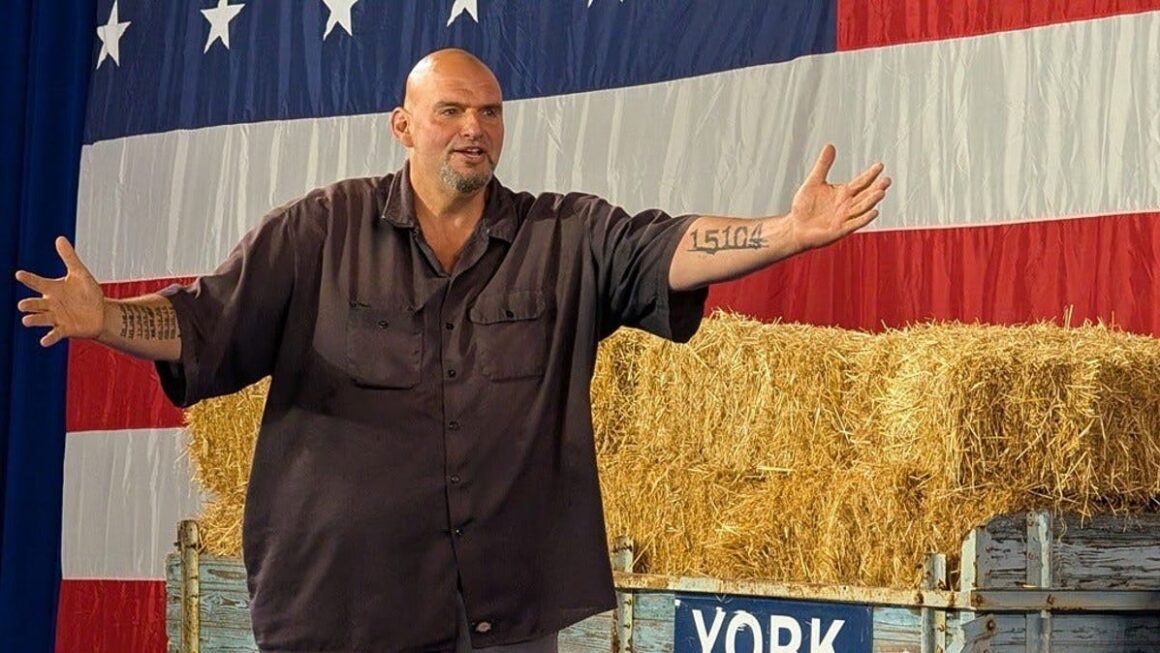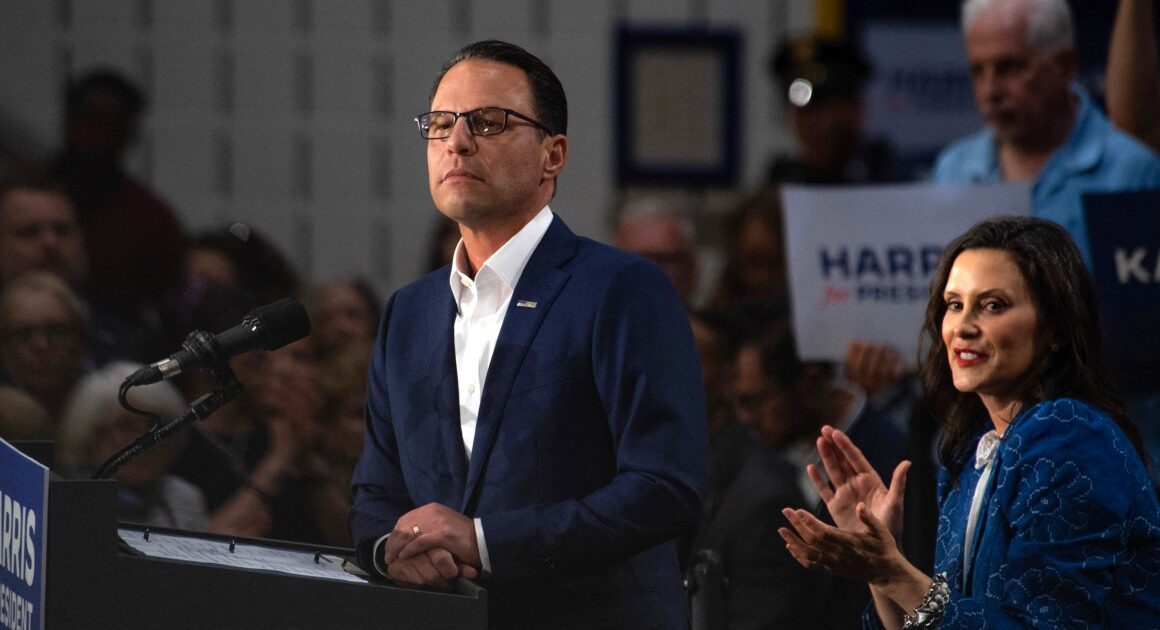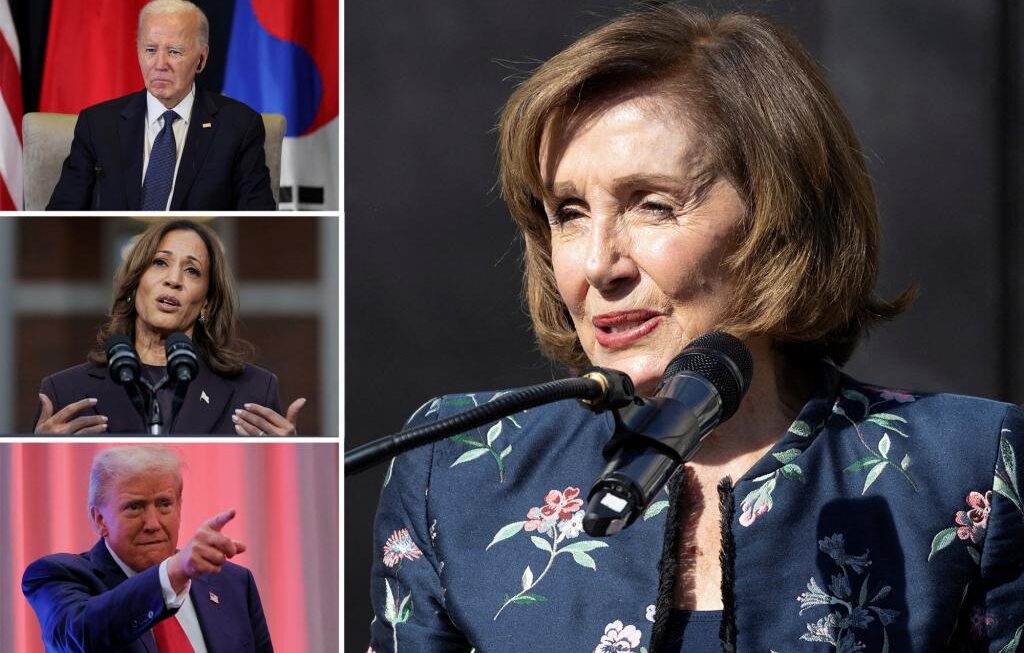
One year ago today, Russian President Vladimir Putin was reeling. The Russian army was still recuperating months after withdrawing from the Ukrainian city of Kherson. Russian troops were in the middle of a winter offensive with very little to show for it. The feud between the Russian military’s high command and Wagner mercenary chief Yevgeny Prigozhin was reaching a boiling point and, come spring, would erupt into an embarrassing 24-hour mutiny on Russian soil.
As the war in Ukraine enters its third year, Putin’s position is more stable. The Ukrainian counteroffensive was a flop, exacerbating the Ukrainian army’s manpower and materiel shortages. Russian forces captured the Ukrainian city of Avdiivka after leveling it to the ground. Prigozhin has been dead for six months, while another Putin nemesis, Russian opposition leader Alexei Navalny, died behind the walls of a Russian prison. With his imminent presidential election victory just around the corner, you wouldn’t blame Putin for feeling confident.
It’s difficult to put into words just how damaging the war has been to the Russian army.
Look beneath the surface, however, and the situation Putin’s Russia finds itself in is more ambiguous, if not grim. Notwithstanding the latest military gains on the ground, Russia is in a far weaker geopolitical position today than it has been in years. The ongoing war in Ukraine is degrading, not strengthening, Russia’s power.
First, it’s difficult to put into words just how damaging the war has been to the Russian army, an institution that U.S. defense analysts once thought could capture the Baltic capitals of Tallinn and Riga in as little as 60 hours. Russia’s military performance in Ukraine to date has shredded those previous assumptions. The Russian way of war is high-intensity, but also littered with command-and-control problems, poor tactics and questionable decisions about resource-allocation. The territorial gains Russia has accomplished have come at an extremely high cost to the Russian army and torn apart the last decade and a half of modernization. It took Russia more than nine months and 20,000 fatalities to capture Bakhmut, a city around the size of Waterloo, Iowa. It required four months of intense combat and tens of thousands of additional casualties for the Russians to take Avdiivka — and when they finally did, the city itself wasn’t as much a prize as it was a giant crater filled with rubber and rebar.
Operations like this take a toll on armies. Although Putin is keeping pace with the level of attrition and increasing tank and artillery production, Moscow has lost more than 90% of its prewar army. At approximately 315,000 killed or wounded, Moscow’s losses in Ukraine during the past two years are more than four times what the old Soviet army sustained during a decade of war in Afghanistan. Last December, the U.K. Ministry of Intelligence assessed it will take Russia at least five years and perhaps as long as 10 to rebuild itself.
On Feb. 23, the Biden administration sanctioned another 500 Russian individuals and entities and put 90 more Russian companies on its Entity List, which restricts certain U.S.-origin products (like the technology Russia needs to continue prosecuting the war) from being exported to Russia. Sanctions aside, the Russian economy is faring better than expected. The International Monetary Fund predicts that Russian economic growth will reach 2.6% this year even though U.S. and European Union sanctions have frozen more than $300 billion of Russia’s foreign reserves, blocked imports of Russian crude oil and severed Russia’s access to the Western financial system. Yet even those numbers are a bit deceiving; because Russia’s economy is now highly dependent on fueling the war in Ukraine, the upward trend could very well prove to be temporary. Brass tacks, Russia’s economy today is largely the same resource-extractive machine as it was in the past.
Things aren’t looking particularly promising in terms of Russia’s grand strategy either. Granted, Moscow has done a decent job maintaining diplomatic and economic relations with members of the so-called Global South, particularly in Africa, the Middle East and parts of Asia. But this has less to do with Russia’s power or influence and more to do with the fact that the Global South isn’t keen to sever relations with anyone.
The war has ruptured Russia’s foreign policy and narrowed its flexibility on the world stage. Moscow once sought to balance its relations with Europe and China; today, Putin no longer has a choice. Russia’s ties with the West are broken, not irretrievably so but at least for the medium term. Putin believes he can push through by changing trade flows and enhancing new partnerships to the east and south, as he’s currently doing with China, North Korea and Iran — the latter two even helping to alleviate stress on the Russian defense industry by supplying Moscow with attack drones and shells.
Beijing isn’t willing to sacrifice its own economic and political relations with the U.S. and Europe — which vastly surpass anything Russia would have to offer — for the sake of Putin’s imperial ambitions.
Yet there is only so much these countries can do for Russia on their own, or even collectively. China may be Russia’s top trading partner, with bilateral trade reaching a record $200 billion last year, but Beijing isn’t willing to sacrifice its own economic and political relations with the U.S. and Europe — which vastly surpass anything Russia would have to offer — for the sake of Putin’s imperial ambitions. This is especially the case today, when Chinese President Xi Jinping has authorized his subordinates to stabilize and if possible improve interactions with Washington. With Iran, Putin will need to ensure that deeper collaboration won’t make Russia’s relations with the Gulf Arab states more acrimonious. North Korea, a weak and relatively marginal state, is of limited value to Russia and at best offers Putin a useful card to play at the U.N. Security Council, where Washington’s futile attempt at denuclearization is already at death’s door. Chances are that the new and improved Russia-North Korea relationship will last only as long as the war does.
It’s hard to predict how wars will progress, let alone end. The war in Ukraine is no different. What can be said with relative confidence is that Putin’s invasion will continue to cost Russia no matter how the battlefield shapes up.
![]()





